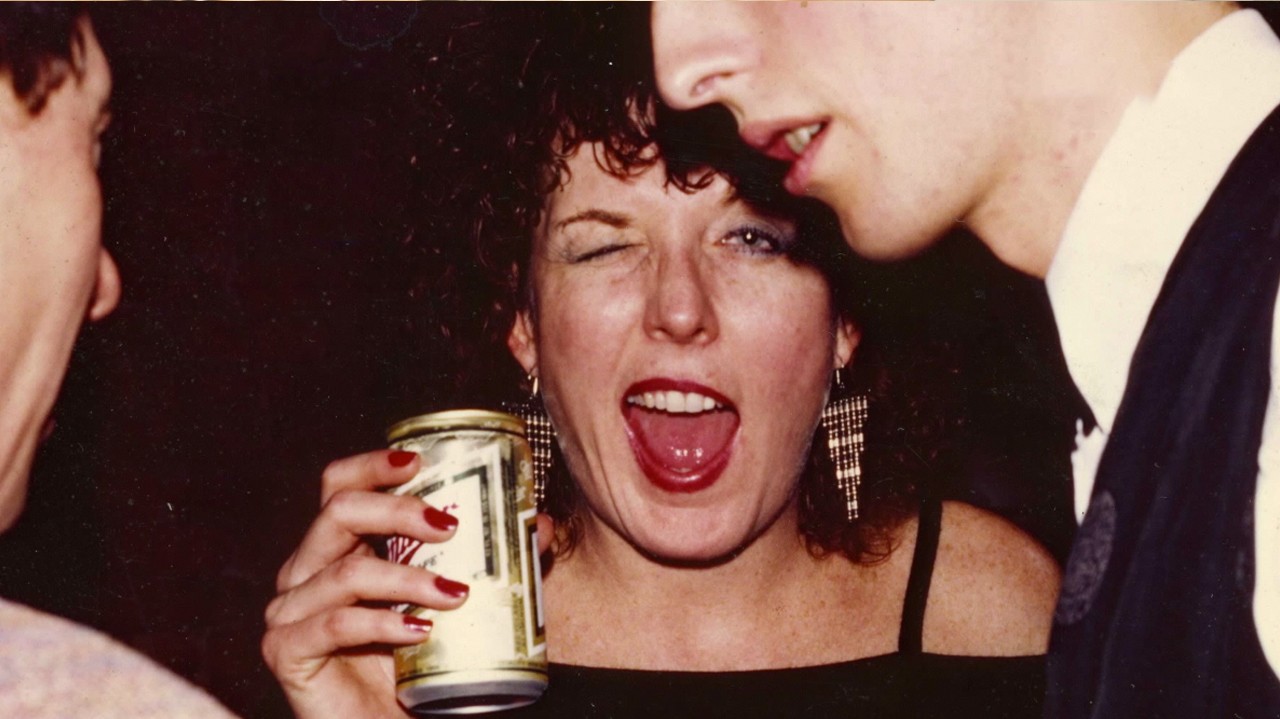Photo by
Prostitutes. Do they revolt you? In Revolting Prostitutes, a new book published by Verso, sex worker activists Juno Mac and Molly Smith ask why sex work elicits such polarized views. “Sex work is the vault in which society stores some of its keenest fears and anxieties,” write Mac and Smith. They argue that many non-sex-worker feminists, whose lives will not be materially affected by any legal changes to the industry, intrinsically view prostitution itself as an abomination.Mac and Smith’s take is rooted in pragmatism. People, mainly women, sell sex. How can we keep them safe? Both writers are deeply involved in sex worker activism, and their book is a call for revolt. Broadly asked Mac and Smith to unpack some of the more enduring myths about sex work.It’s no coincidence that it is work associated with women which is often deemed not-to-be work, and therefore underpaid and undervalued. Like caring and domestic work, prostitution is a form of “women’s work” which involves us asking for money for something which, under capitalism and patriarchy, we’re expected to give for free.Work is bad. Capitalism means we sell our labour in ways that often feel exploitative or alienating. More and more of us are doing precarious, low-paid work where we answer to a boss and have scant access to labor rights.
Watch: Artist Marilyn Minter on Depicting Female Sexuality For many, prostitution may well be “bad work”: but if we put “bad work” outside of the category of work, it prevents workers from struggling to improve their conditions.Much contemporary sex work marketing takes the form of websites. These adverts are a marketing tool, meaning that there’s no strict adherence to fact, and sex workers are free to embellish their profile and persona however they like in order to make money.As a marketing strategy, many sex workers aim to appeal to the wealthiest possible client demographic. This invariably distorts the apparent class identity of sex workers as a group, with many claiming to be high-class, elite, or upscale.When the artifice of sex industry branding is taken at face value, sex work advocates are broadly dismissed as vapid, frivolous rich girls. The realities sex workers experience are omitted from their advertising. No one’s going to get interest from clients if they honestly detail things like single parenthood, chronic illness, precarious social housing, and insecure immigration status.The merits of commercial sex from a buyer’s perspective have no relevance to the human rights of sex workers. Often, discussions of whether men have a need or right to buy sex actively derail the more urgent discussions of the needs of sex workers for safety and survival.It’s possible to hold the view that the sex industry is ultimately harmful and still set this aside in favour of policies that promote harm reduction and the self determination of sex workers.Anti-prostitution feminists hone in on abuse by so-called pimps and punters while overlooking—or tactically supporting—similar abuses by police, landlords, and immigration officers.In the US, where sex work is fully criminalised in many states, sex workers report sexual harassment, verbal abuse and rape when being arrested by the police. Sex worker arrests in the US are deeply racist. Between 2012 and 2015, 85 percent of those arrested for loitering for prostitution in New York were Black or Latina.In the UK, those targeted by police during brothel raids describe being dragged onto the street in their underwear. Make no mistake, these interactions are violent.Under the so-called Nordic model, paying for sex is illegal, but selling sex is not. Some people claim the legislation is feminist because sex workers themselves are decriminalized. However, in every country with these laws, some type of sex worker criminalization has been retained.In Norway, sex workers were still being fined years after they’d supposedly been decriminalized. Women of color are disproportionately targeted. In Ireland, when paying for sex became illegal in 2017, the fines for brothel-keeping doubled. Technically, a brothel is any premises in which more than two people sell sex.When we think about police violence—enabled by legislation which criminalizes any part of prostitution—not only as state violence but also as male violence against women, the criminalisation of prostitution comes into focus in a new way: as a key driver of male violence against women. There is nothing feminist about this.
For many, prostitution may well be “bad work”: but if we put “bad work” outside of the category of work, it prevents workers from struggling to improve their conditions.Much contemporary sex work marketing takes the form of websites. These adverts are a marketing tool, meaning that there’s no strict adherence to fact, and sex workers are free to embellish their profile and persona however they like in order to make money.As a marketing strategy, many sex workers aim to appeal to the wealthiest possible client demographic. This invariably distorts the apparent class identity of sex workers as a group, with many claiming to be high-class, elite, or upscale.When the artifice of sex industry branding is taken at face value, sex work advocates are broadly dismissed as vapid, frivolous rich girls. The realities sex workers experience are omitted from their advertising. No one’s going to get interest from clients if they honestly detail things like single parenthood, chronic illness, precarious social housing, and insecure immigration status.The merits of commercial sex from a buyer’s perspective have no relevance to the human rights of sex workers. Often, discussions of whether men have a need or right to buy sex actively derail the more urgent discussions of the needs of sex workers for safety and survival.It’s possible to hold the view that the sex industry is ultimately harmful and still set this aside in favour of policies that promote harm reduction and the self determination of sex workers.Anti-prostitution feminists hone in on abuse by so-called pimps and punters while overlooking—or tactically supporting—similar abuses by police, landlords, and immigration officers.In the US, where sex work is fully criminalised in many states, sex workers report sexual harassment, verbal abuse and rape when being arrested by the police. Sex worker arrests in the US are deeply racist. Between 2012 and 2015, 85 percent of those arrested for loitering for prostitution in New York were Black or Latina.In the UK, those targeted by police during brothel raids describe being dragged onto the street in their underwear. Make no mistake, these interactions are violent.Under the so-called Nordic model, paying for sex is illegal, but selling sex is not. Some people claim the legislation is feminist because sex workers themselves are decriminalized. However, in every country with these laws, some type of sex worker criminalization has been retained.In Norway, sex workers were still being fined years after they’d supposedly been decriminalized. Women of color are disproportionately targeted. In Ireland, when paying for sex became illegal in 2017, the fines for brothel-keeping doubled. Technically, a brothel is any premises in which more than two people sell sex.When we think about police violence—enabled by legislation which criminalizes any part of prostitution—not only as state violence but also as male violence against women, the criminalisation of prostitution comes into focus in a new way: as a key driver of male violence against women. There is nothing feminist about this.
Advertisement
Myth: Prostitution is the most degrading job in the world. It shouldn’t even be classed as work.
Watch: Artist Marilyn Minter on Depicting Female Sexuality

Myth: The sex industry is full of go-getting entrepreneurs splashing around in baths of champagne with clients.
Want more stories like this? Click here to sign up for our newsletter
Advertisement
Myth: Sex workers are fighting for the right of men to buy sex. The sex industry should survive because it’s intrinsically good.
Myth: The police keep sex workers safe.
Advertisement
